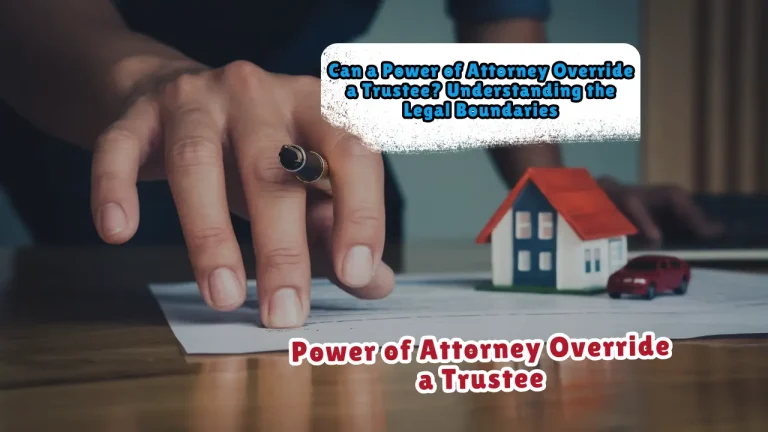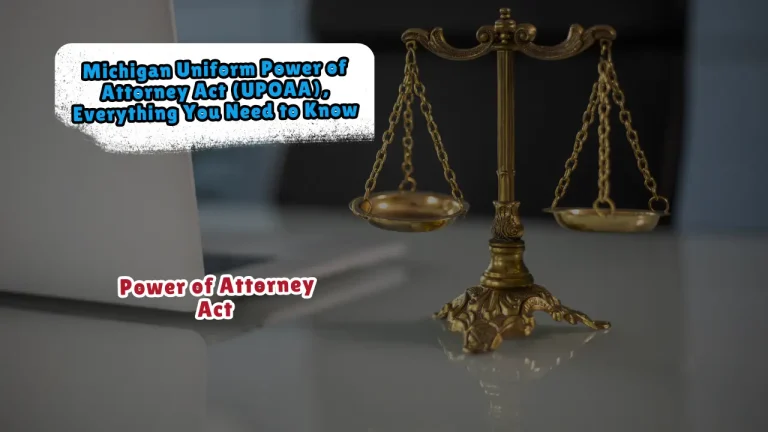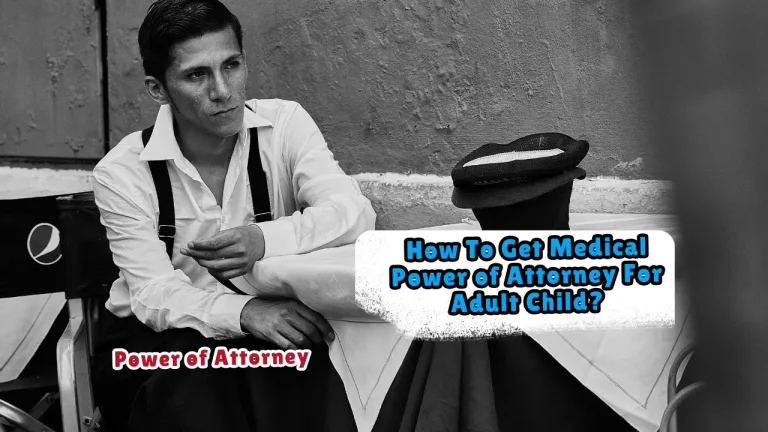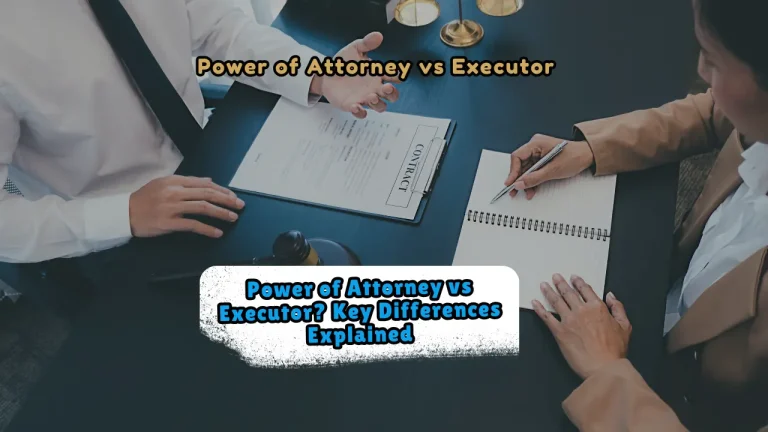Can a Power of Attorney Take Money for Personal Use? Legal Limits Explained
No. A Power of Attorney (POA) agent cannot legally use someone else’s money for personal expenses unless the POA document explicitly allows it. Misusing funds violates fiduciary duty and can lead to lawsuits, criminal charges, or fines. What the Law Says About POA Authority A POA grants an agent legal authority to manage another person’s…









